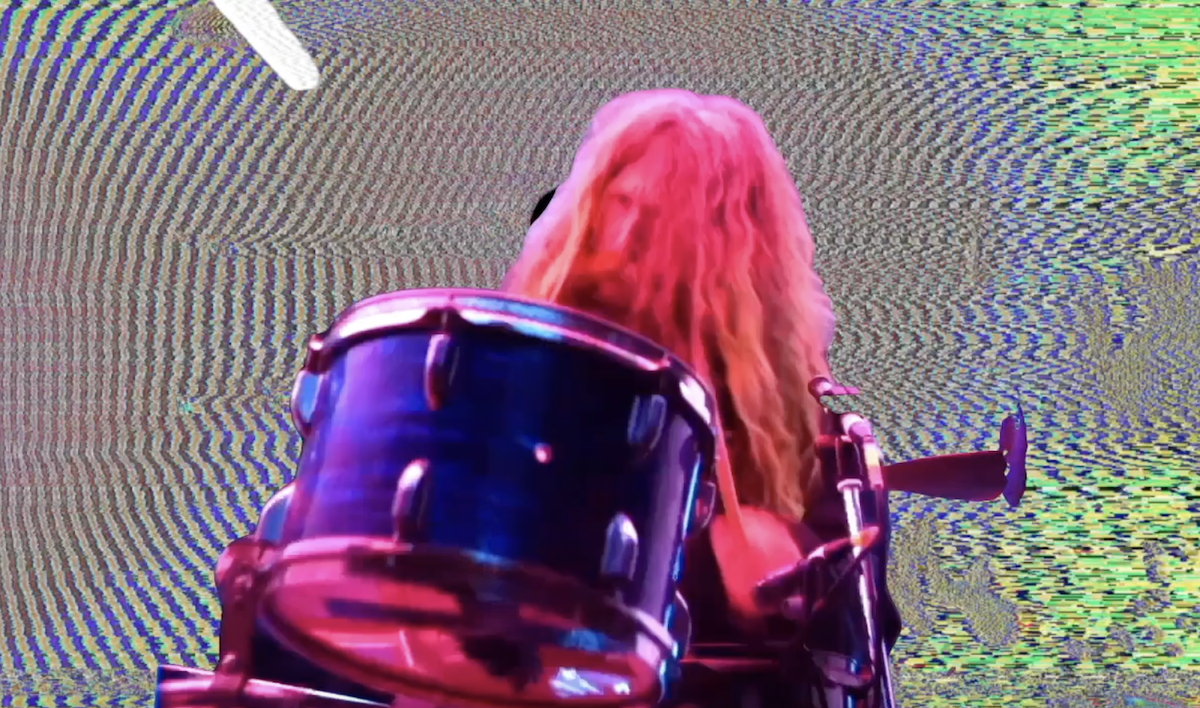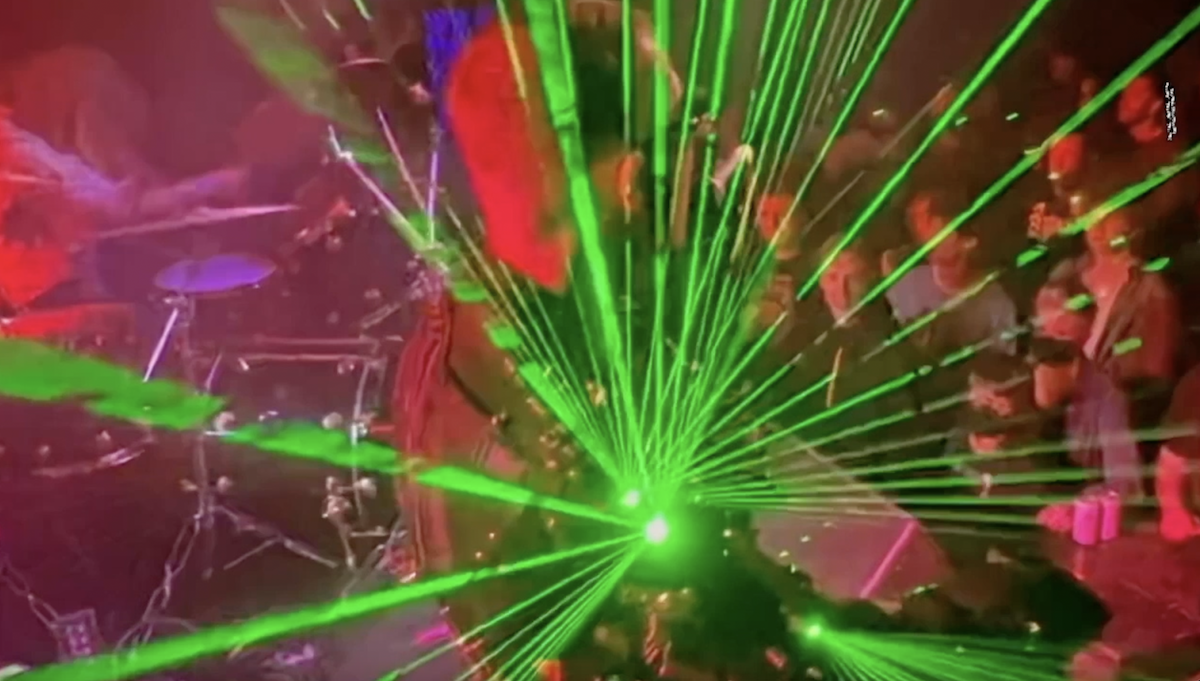Dayglow Plays M3F
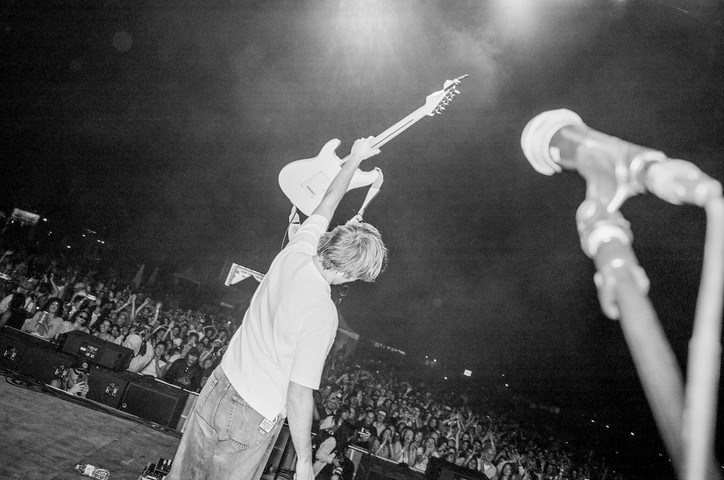
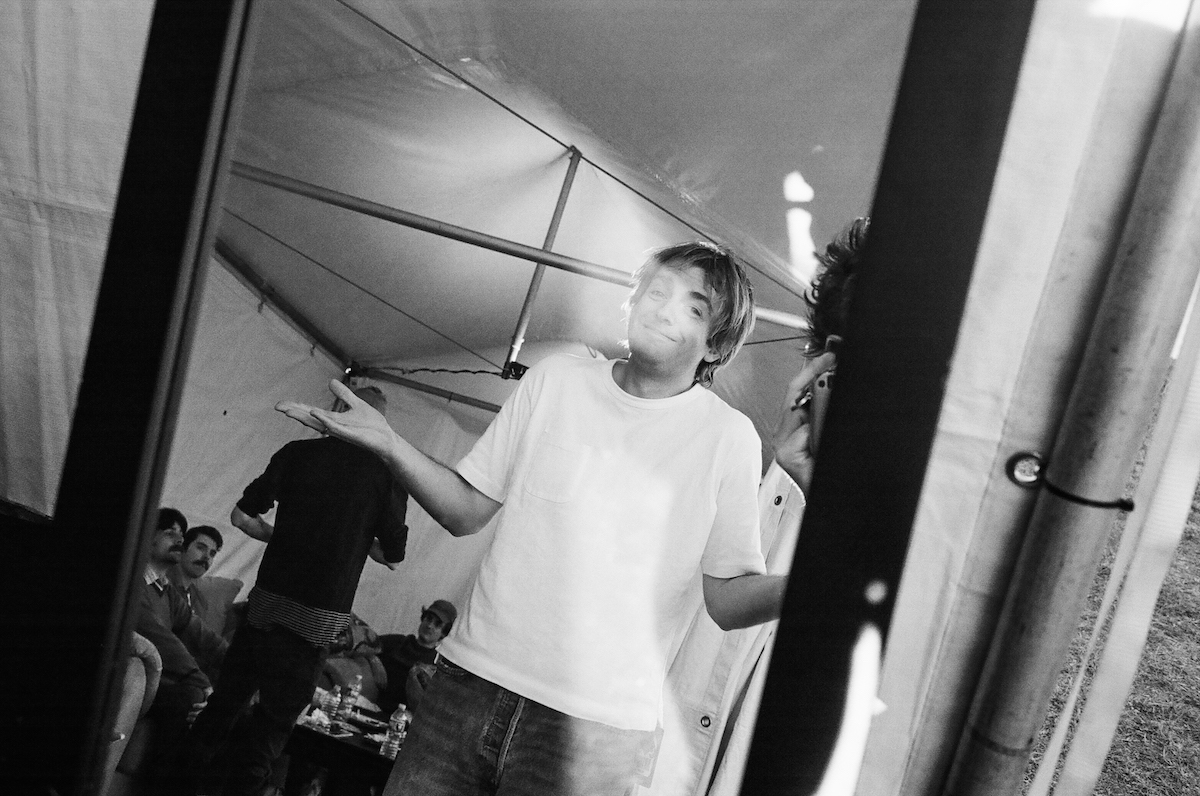
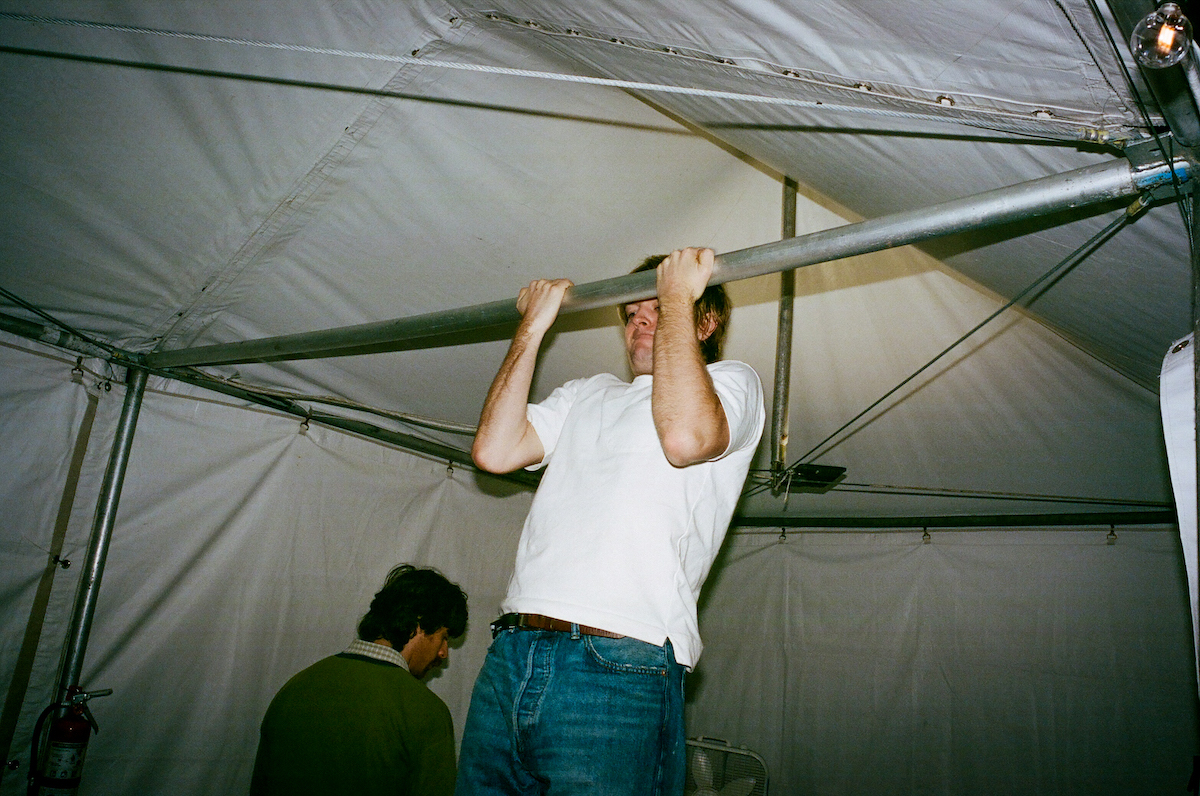

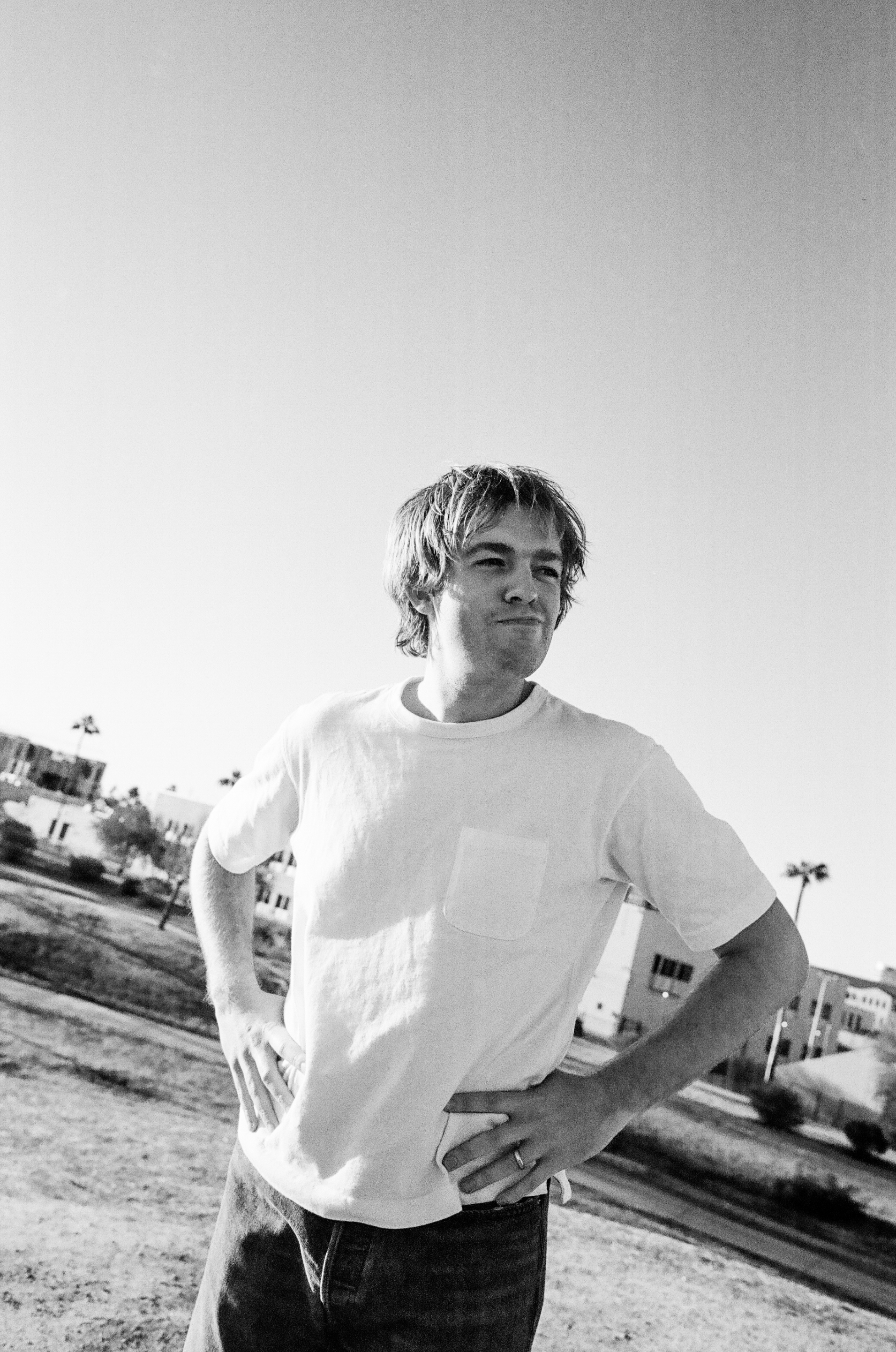
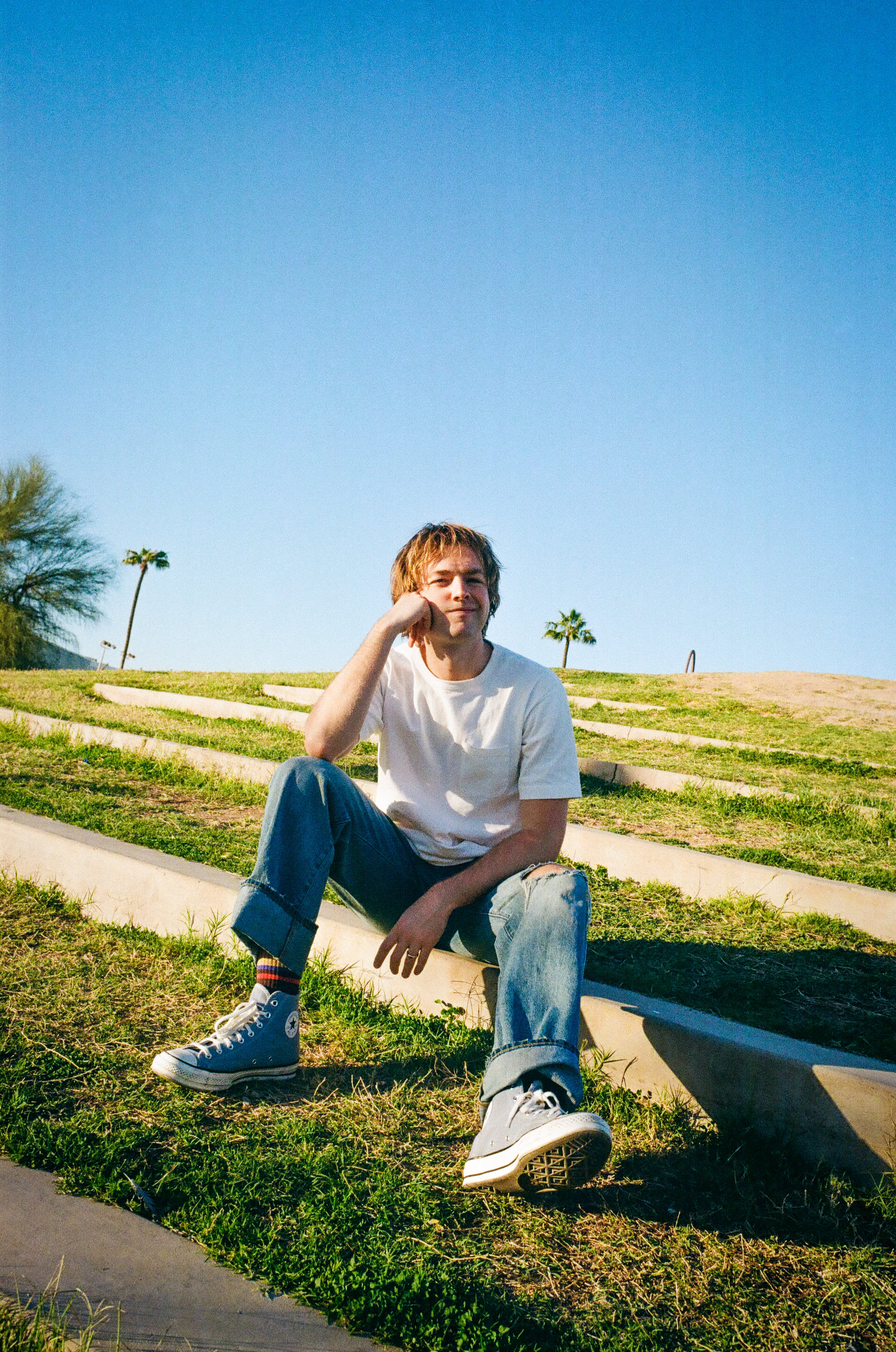
Stay informed on our latest news!






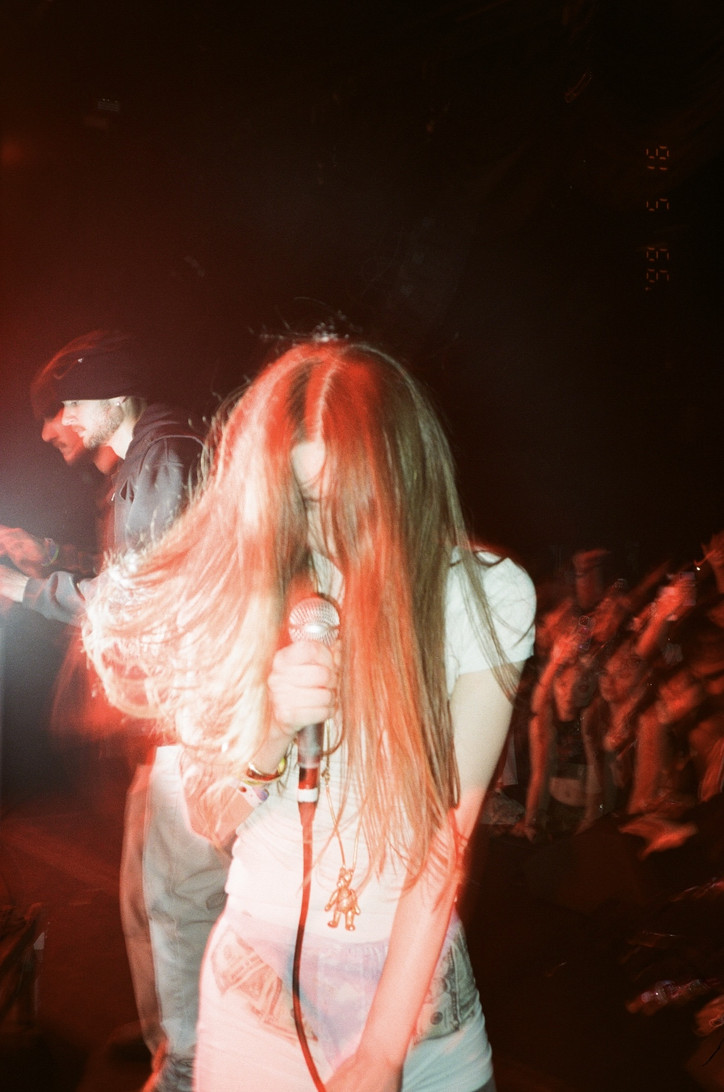
Their music blurs the lines between chaotic noise and unapologetic anarchic abandon. It is pure, echoing with haunting, distorted vocals and ethereal aesthetics that, while reminiscent of Crystal Castles and SALEM, mark them as part of a new generation of artists capable of whipping entire crowds into a euphoric haze under flashing lights as an ocean of synths, neon melodies, and tinny shrieks overcomes them.
December kicked off with a sold-out show at the Roxy in Los Angeles, and next year, the duo will be touring Europe, with tickets available at NICEBASSBRO.COM. If you’re not there… we know, at least, we will be.
Watch Tatiana and Graham light up the stage in the clip below.
With photos to match.
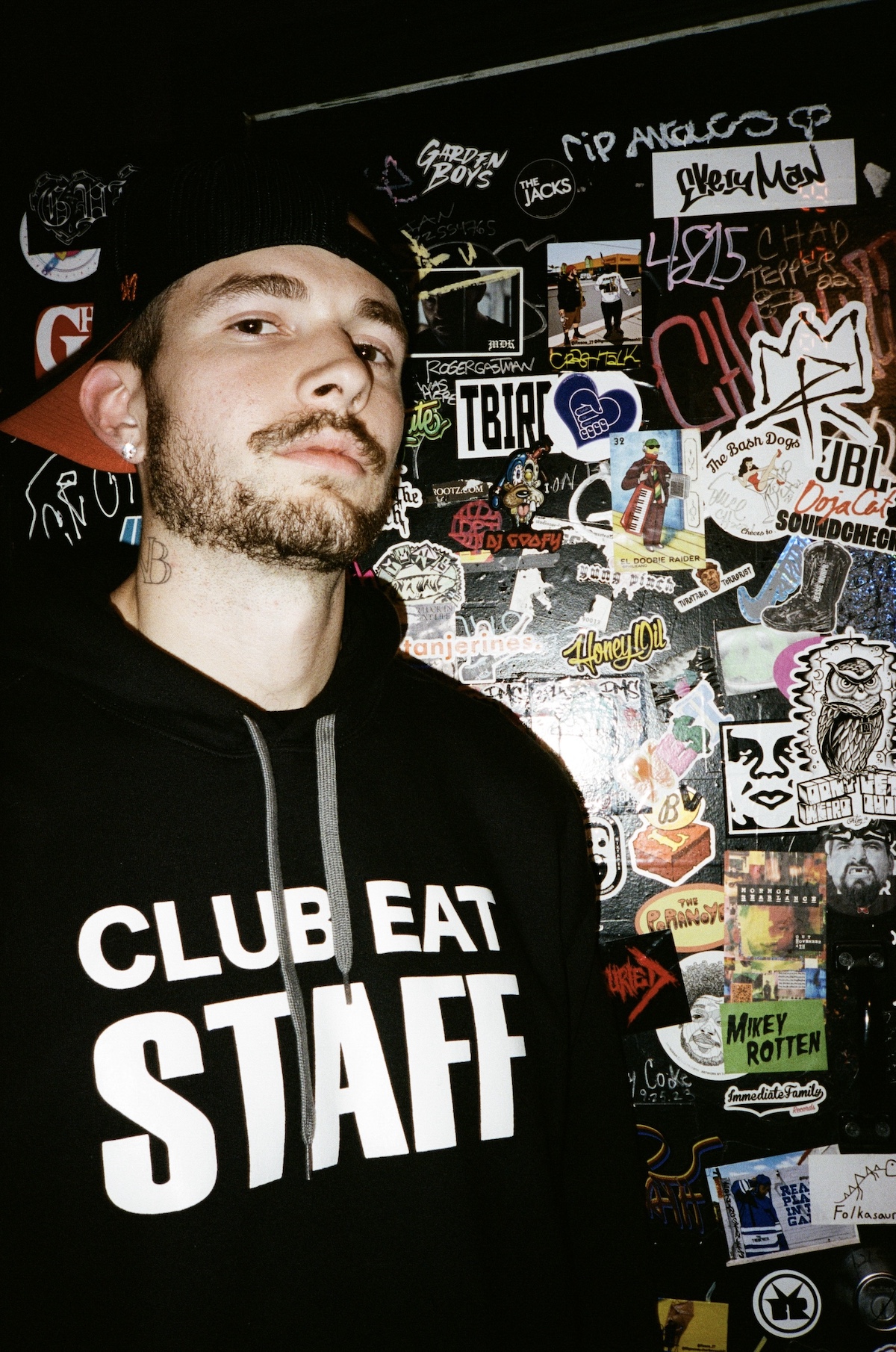
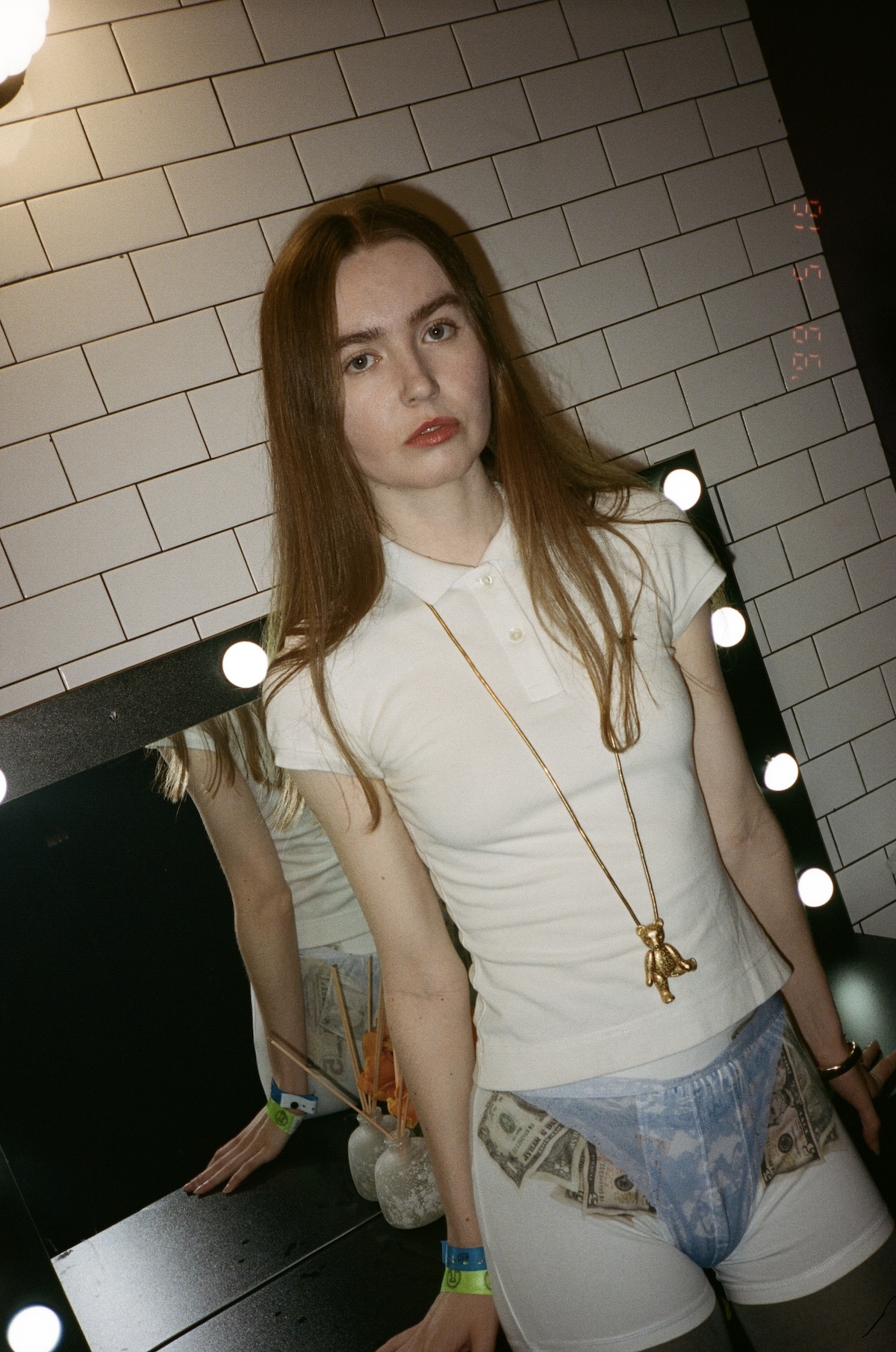
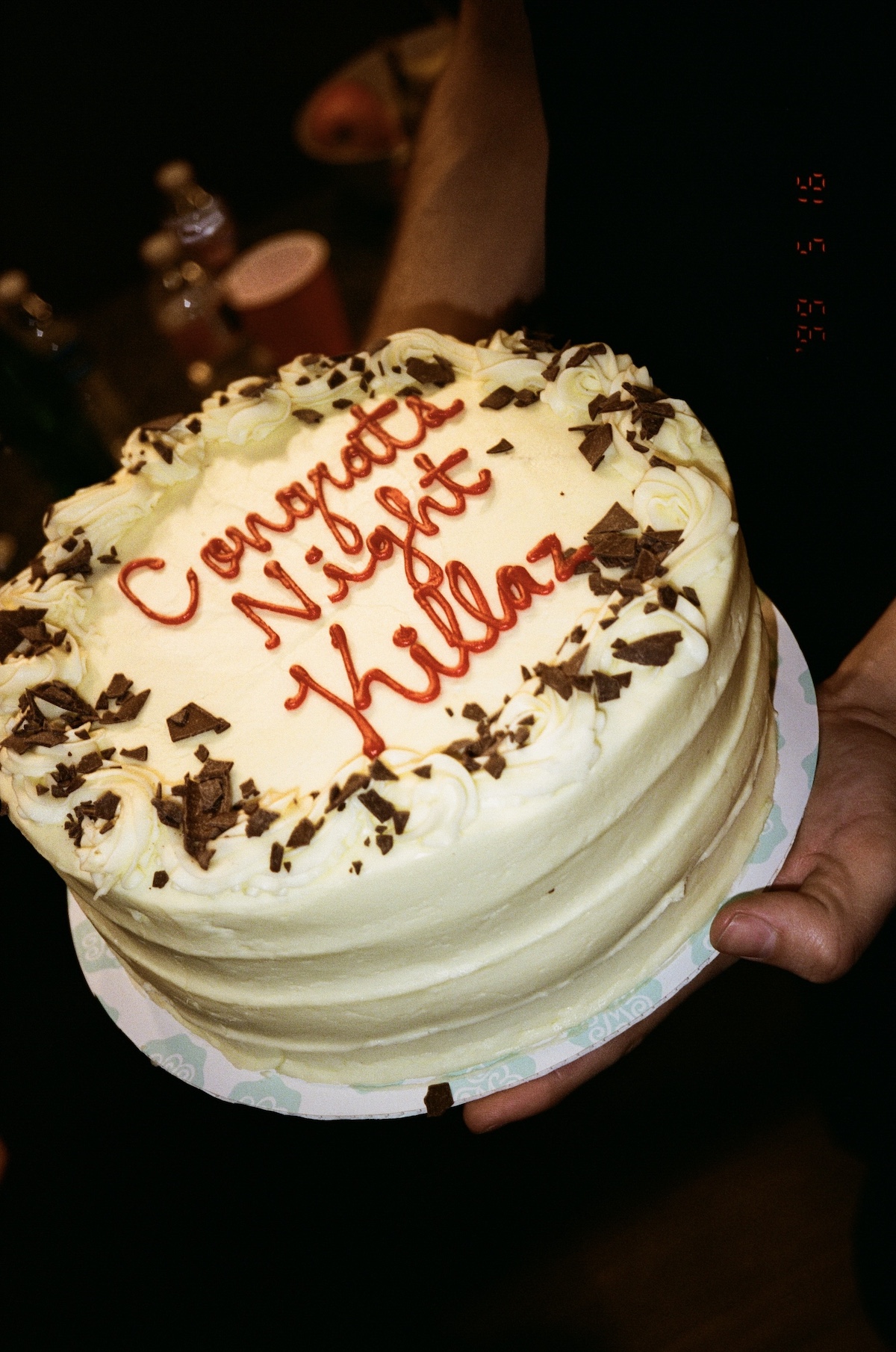

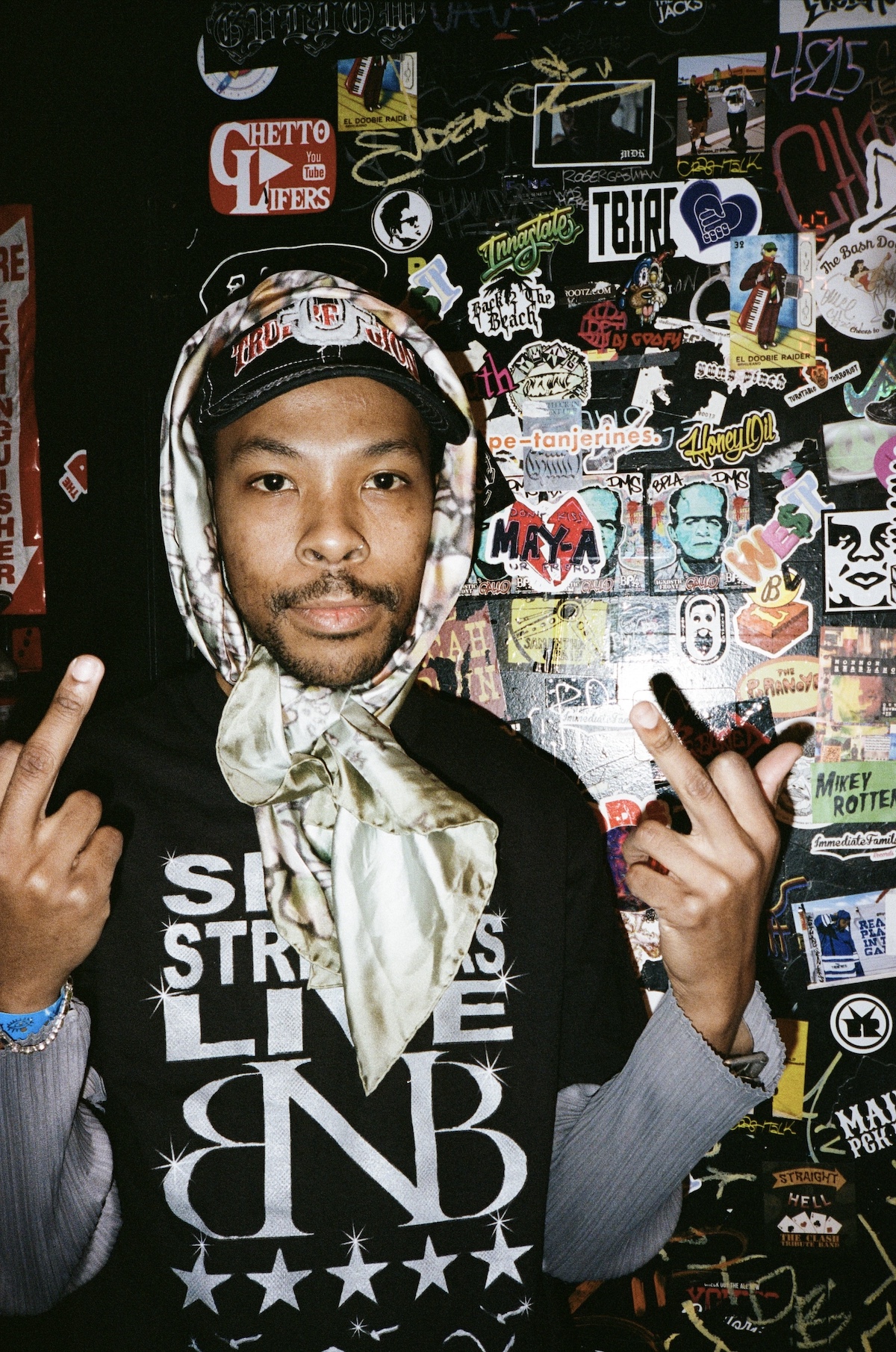
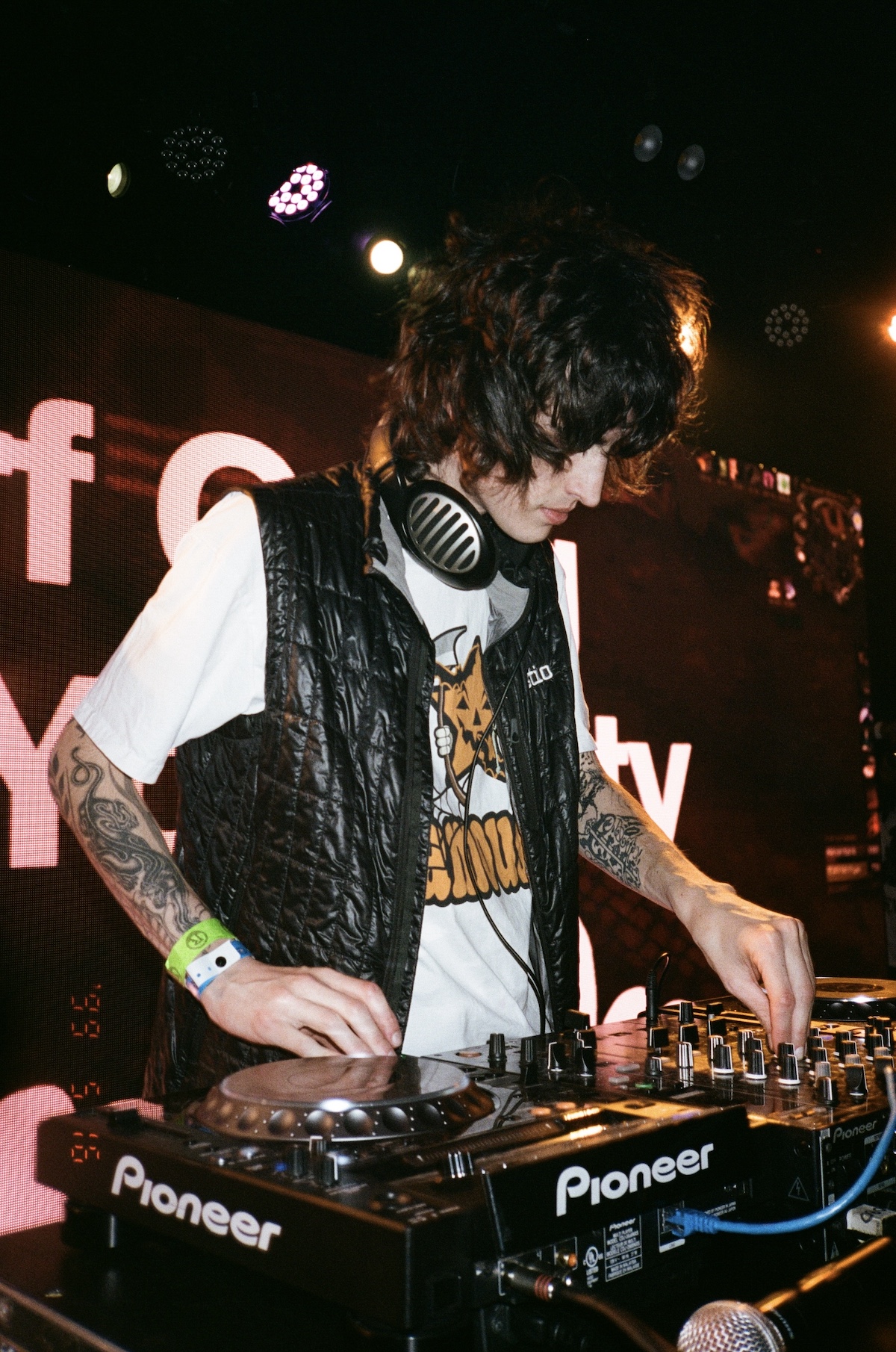
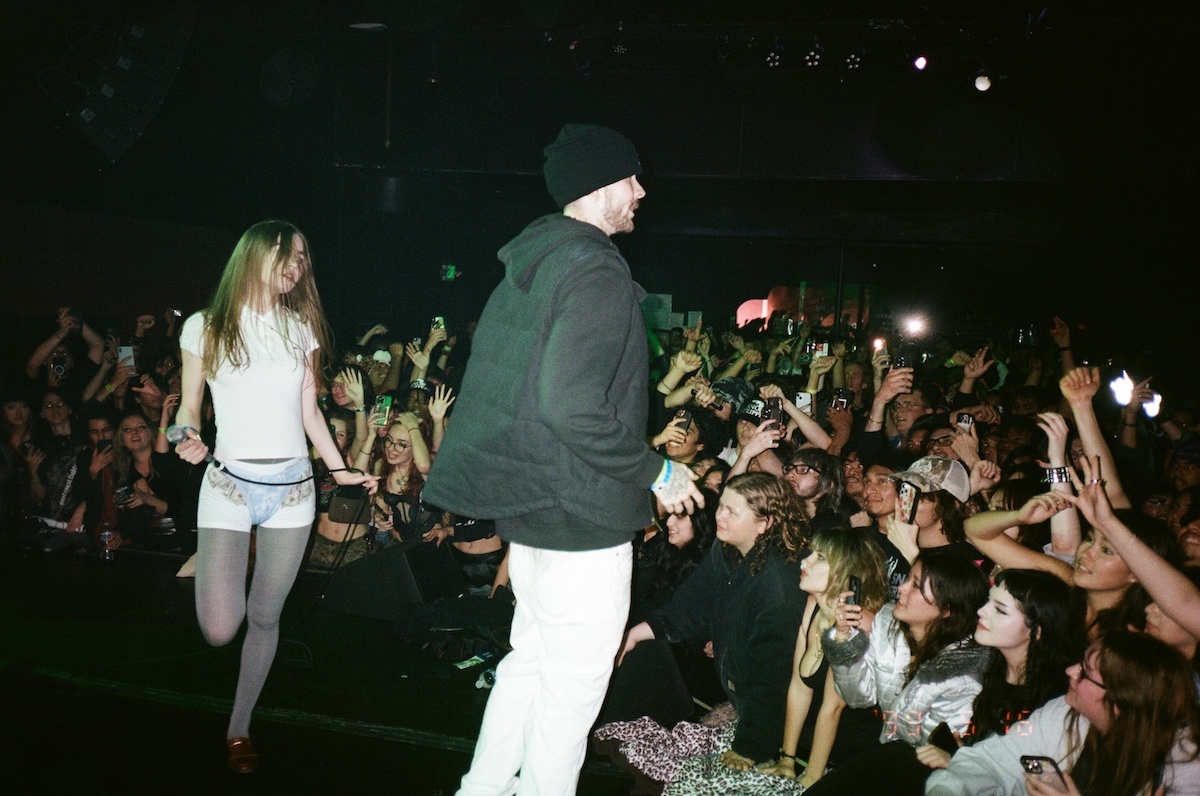
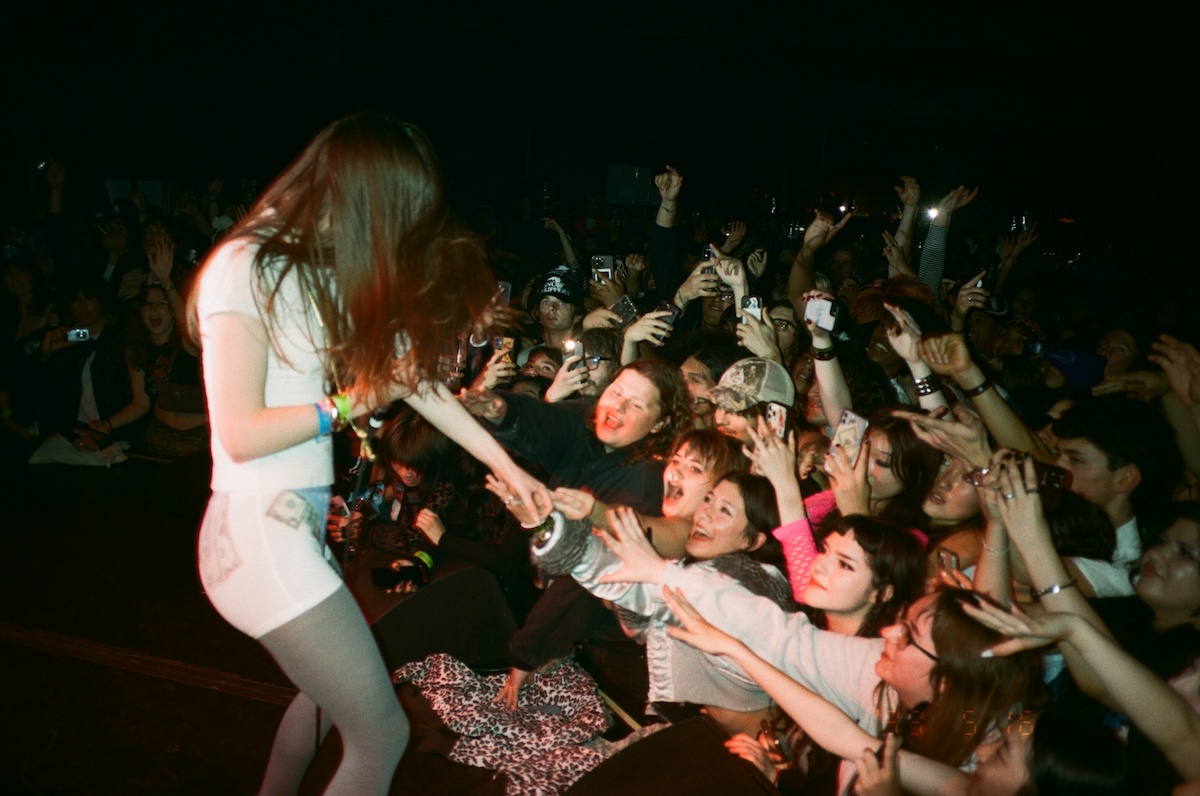
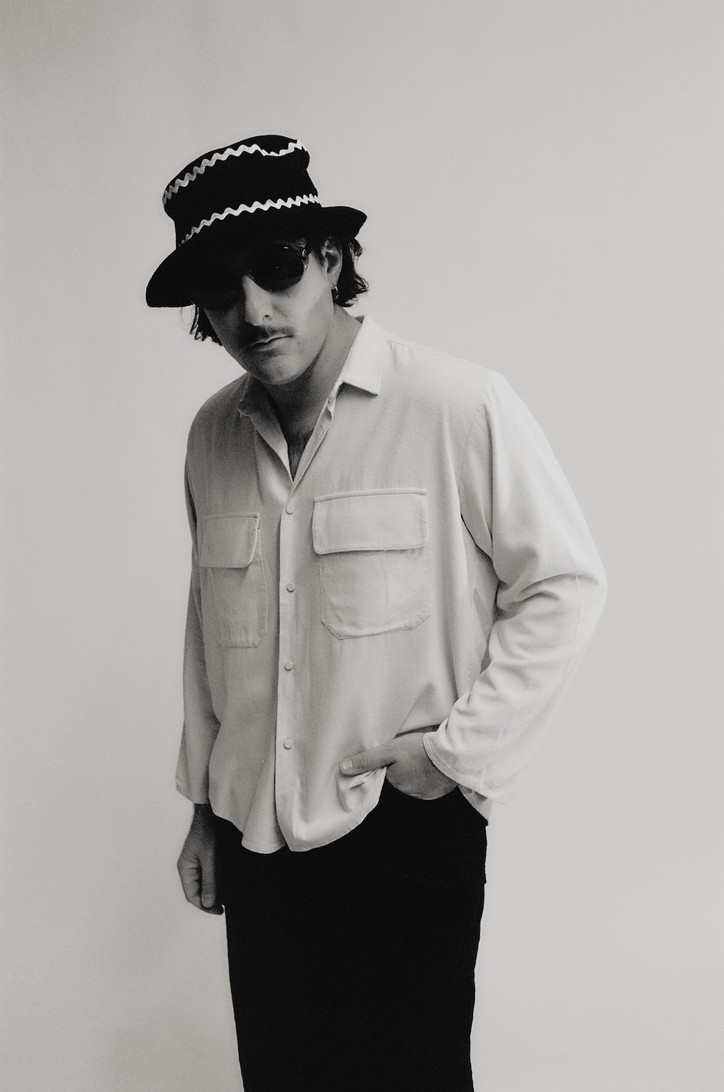
What would become halfnoise began simmering in the background of Farro’s subconscious long before he stepped away from Paramore in 2010, whether Farro knew it or not. “I’ve always liked tinkering with production. It started like a long time ago by just getting into recording stuff on my own and just sampling stuff,” Farro said. As his band’s popularity skyrocketed, personal projects took a back seat to commitments like Warped Tour and the Honda Civic Tour. Then he decided to leave.
“When I stepped away from Paramore for a few years, I went on a whole journey of not doing music. I lived in New Zealand for a few years and totally checked out,” Farro said. After his most formative years were marked by abrupt changes and rigorous touring schedules, it makes sense that Farro found himself back in America with a reinvigorated love for producing and recording music — the tools that represented a time before he first hopped into that first tour van. “I wanted to try riding it on my own because I had always been a part of bands. I just wanted to see if I could do it,” he said.
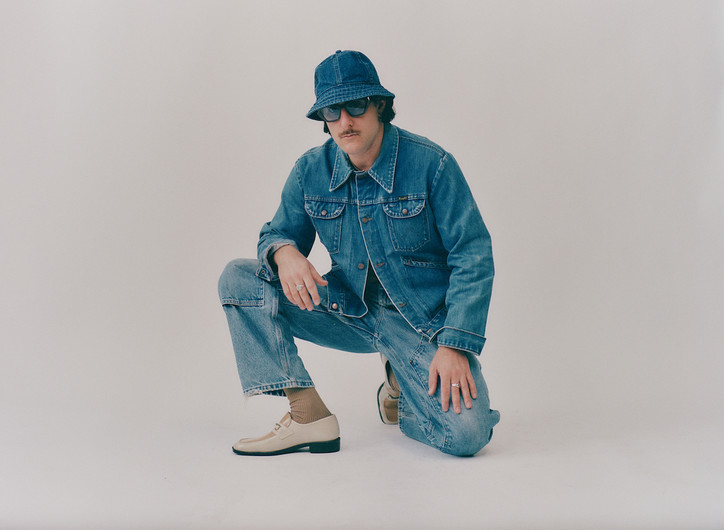
For someone experienced the comradery of communal success and then the isolation of losing of community while deeply entrenched within the 2000s pop-punk space — a genre that champions themes of friendship, hometown pride, and local scenes within the lyrics — Farro’s emphasis on community even within songwriting and production should come as little surprise. There is a DIY, collaborative ethos derived from the genre’s punk precursors that has lingered within the scene in spite of the music industry’s influence as the scene reached its peak in popularity. Still, in a world like 2023, where every technological advancement and start-up app is meant to make our day to day lives as isolated as possible, Farro’s constant consideration of music as a collective is a dying language. Less people are joining bands. It’s significantly more affordable, in terms of both monetarily and socially, to produce beats alone in your bedroom than it is to get a band together. More and more often, we find ways to avoid leaning on those around us; halfnoise calls us back to a bygone era.
That isn’t to say that halfnoise is, in any way, a nostalgia play or sonically stagnant. Farro, along with the rest of the Paramore crew, has displayed an incredible knack for evolving gracefully, and successfully, in the public eye. While many artists fade to obscurity after drastic stylistic changes, Farro has made a career of constant change. No two halfnoise records sound alike. In fact, a cursory listen of the project’s discography serves as a detailed timeline of the various emotional and aesthetic states throughout the last decade of Farro’s life. City Talk ushers in the era of a 60’s surf rock inspired Farro, paired alongside an amped up version of the funk-inspired rhythm that has been a throughline in Farro’s work over the past few years. Along with the vibe shift, came new lyrical territories. “The last [record] was really personal. It was a love letter to my partner and falling in love, since I’ve always written about, you know, getting heartbroken,” he said. “I wanted [City Talk] to be a little bit more mysterious and a little less approachable.”
City Talk, like the version of Farro that wrote it, seems self-assured and at ease. The record represents an artist who has grown into themselves. “‘On My Way' is a coming of age song. After I turned 30, I was like, ‘Wow I’m finally who I am, who I’ve been chasing all my 20s,'” he said. Today, Farro is confident in his future, even when the future isn’t clear, and it’s apparent in the album. Listening to the tracks feels hopeful, introspective, proud. Where the lyrics are vague, the energy is encompassing. To portray such emotions through a pop record is a feat in itself, but a decade’s worth of halfnoise snapshots has accumulated into what may be the most holistic look into Farro’s psyche yet.
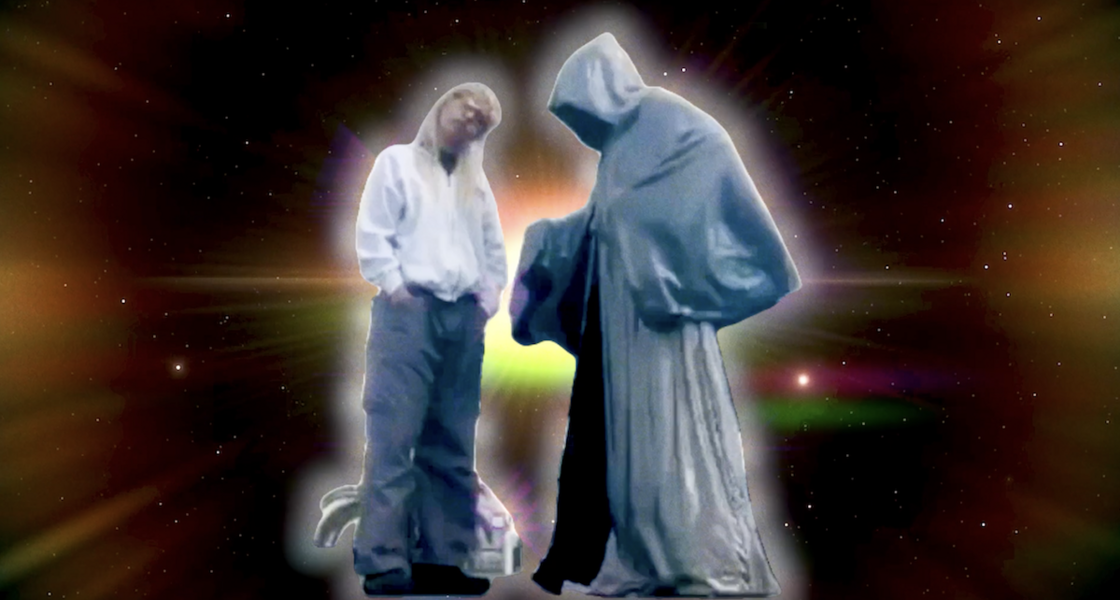
The duo tells their story through traditions steeped in imagination — mythological beasts, future tech, avatars in Greek myths, spiritual sea gods, and sea shanties crafted by Japanese machines. They ground this tale through sound, performance, and communion. In their latest single, "Daddy," they explore the impact of the father figure on the collective, hoping to start conversations about vulnerability and mutual support on a more human level.
The two have a lot coming up — a limited run of a t-shirt collab with Total Luxury Spa, a Christmas song, and some exciting things in the works for 2024 — so stay tuned. They caught up with us over email to share some of the lessons they’ve learned when it comes to touring, staying focused and daddy issues.
How was tour?
Byron Spencer— For most people this is the first time hearing us or seeing us and the response was insane. It was also our first proper tour. It feels very exciting for us to start the DF journey & build the DF community.
Daniel Stricker— I loved driving through Oregon and northern California. I loved listening to music all day in the car. I loved playing shows every night. I didn’t love seeing the state of America at the moment :(
How do you get amped up for a show?
BS— A hot toddy. I like to dance a bit and just be in my body :)
Any post-show rituals?
BS— For the tour the ritualistic thing for me to do was get on the floor and start selling merch ;)
Check our their exclusive tour video and electro remix of "Daddy"
How did the name DeepFaith come about?
DS— We live in the era of fake news. We wanted to tell our story through mythological beasts and future tech; avatars in Greek myths; spiritual sea gods; and sea shanties made by Japanese machines. It’s all very personal but through fantasy, we can leave it to the audience to work out what is real or not, which in essence is kind of like the world we live in now. We came up with the name DeepFaith as a kind of religion to Deep Fakes. We also thought it looked good as a Netflix special.
Can you define ‘transcendental techno-utopianism’?
DS— A higher frequency that we can tap into by living through collective positive consciousness.
How do we get there?
DS— By getting rid of the distractions and focusing. By doing things that get you into the zone. For some people that’s through meditation or breathing. For others, it’s about maximal turbo overload of the senses; lasers, strobes, and fast frequencies can cause the body to be overloaded. I can relate to both. Hopefully, our music can take you to either of those zones.
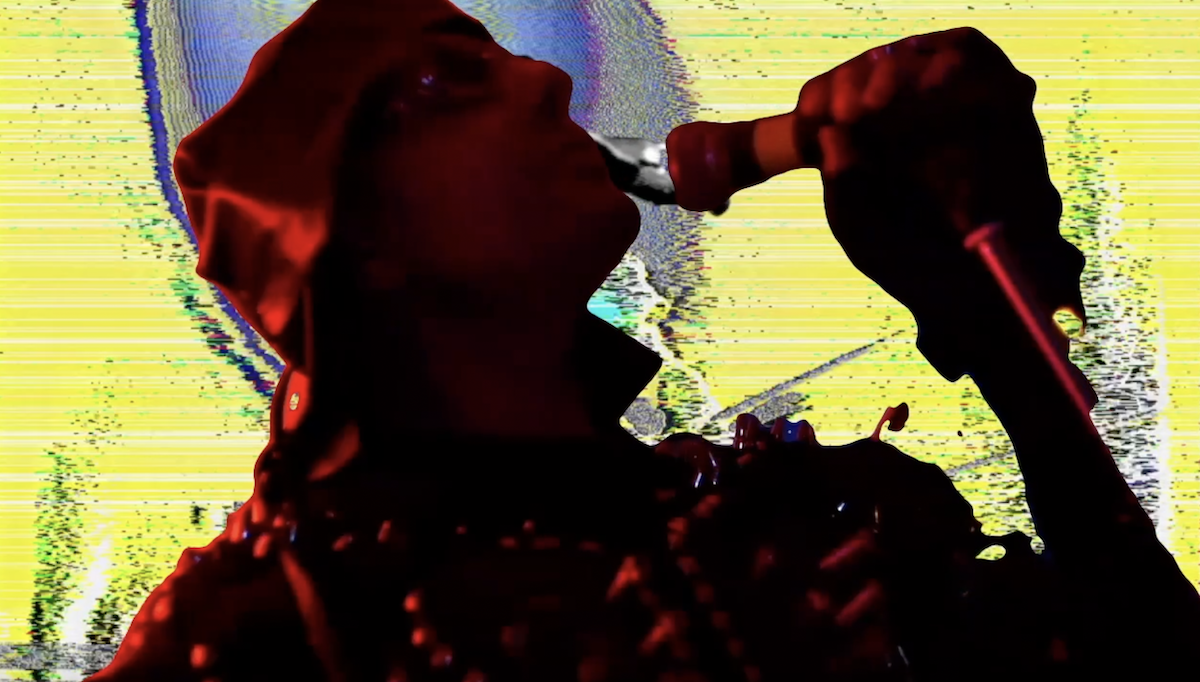
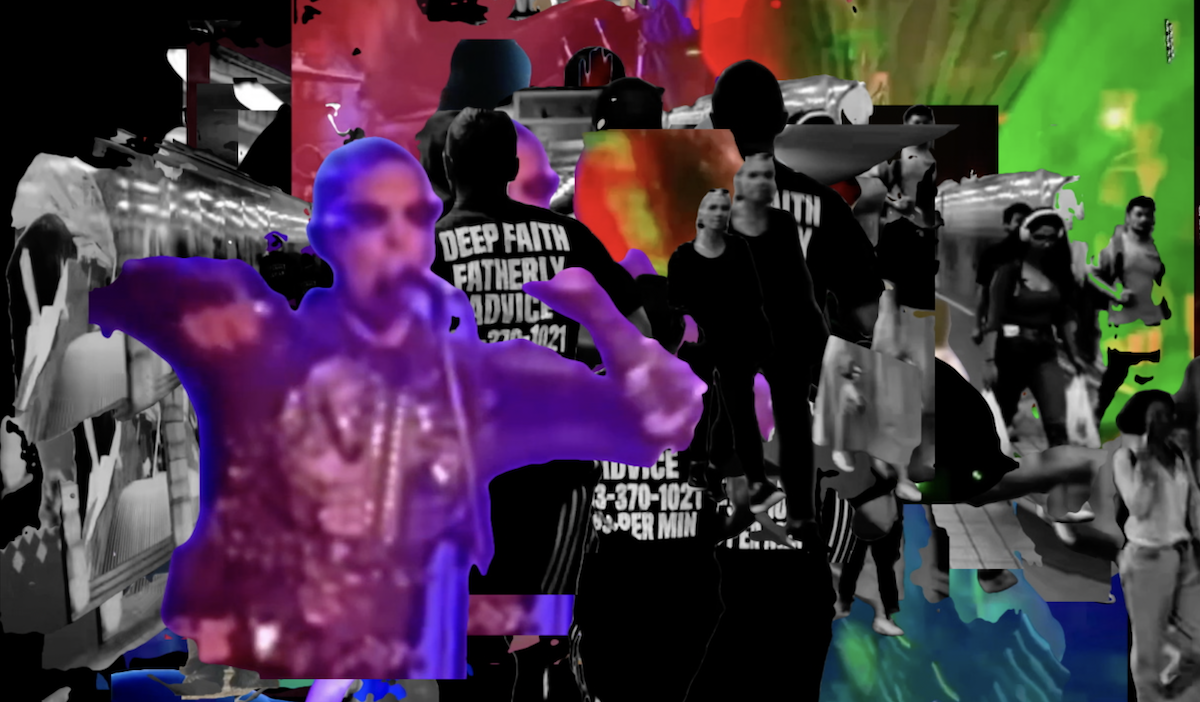
Psychedelics?
Shrooms.
When you’re tripping, where are you?
Bare feet in grass or sand ideally….
Are you chronically online or off your phone?
BS— I am going through a real journey with my relationship to technology. About a year ago I was accepting my fate and succumbing to the concept of being half-man half-computer and acknowledging and accepting that the modern human is very much connected to a machine and being OK with that … I was addressing the fact that I had 3 lives. One physical, one mental, and one technological … However, NOW, I really want to experience life offline and off some of the machines … It’s hard and a step-by-step process but I think I am getting better (healthier).
DS— I use Opal. It regulates me. Well, at least my phone usage. But I am obsessed with new immersive music and tech — so I delve into virtual worlds and gaming engines, motion capture, and music production all day, but never too early or too late to mess with my body.
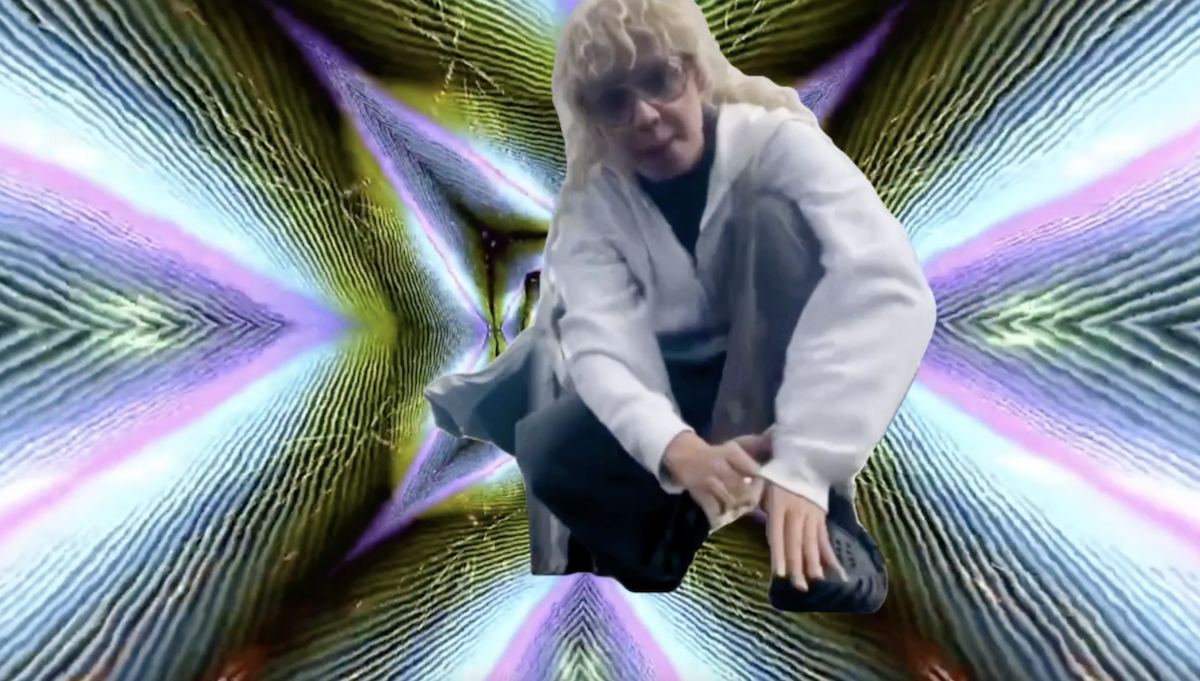
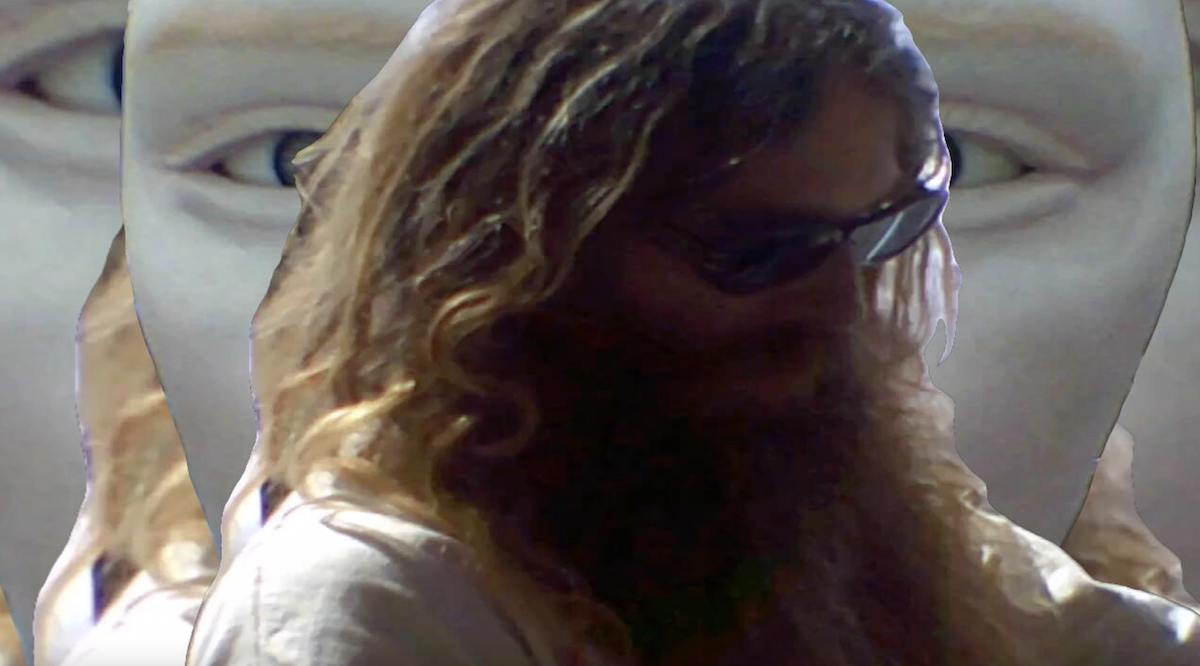
Growing up, did either of you watch The Holy Mountain?
BS— I have watched it and enjoy it but it isn’t on my mind often….
DS— Many, many times. I love how Jodorowsky builds worlds.
What inspires you visually?
BS— I am mostly inspired by nature. Visual reality.
DS— I believe Jon Rafman might be this fleeting generation’s zeitgeist, him and Xavier: Renegade Angel.
Who do you listen to?
BS— Honestly I listen to such a huge array of music … I kind of just curate my music to my mood. I am finding however the more turbo my life gets the more ambient and healing I need my music to get. I start most of my days with Indian Ragas.
DS— Goreshit. Townes Van Zandt. Doo Wop classics. Baroque techno. Camille Saint Saens' “Aquarium”.
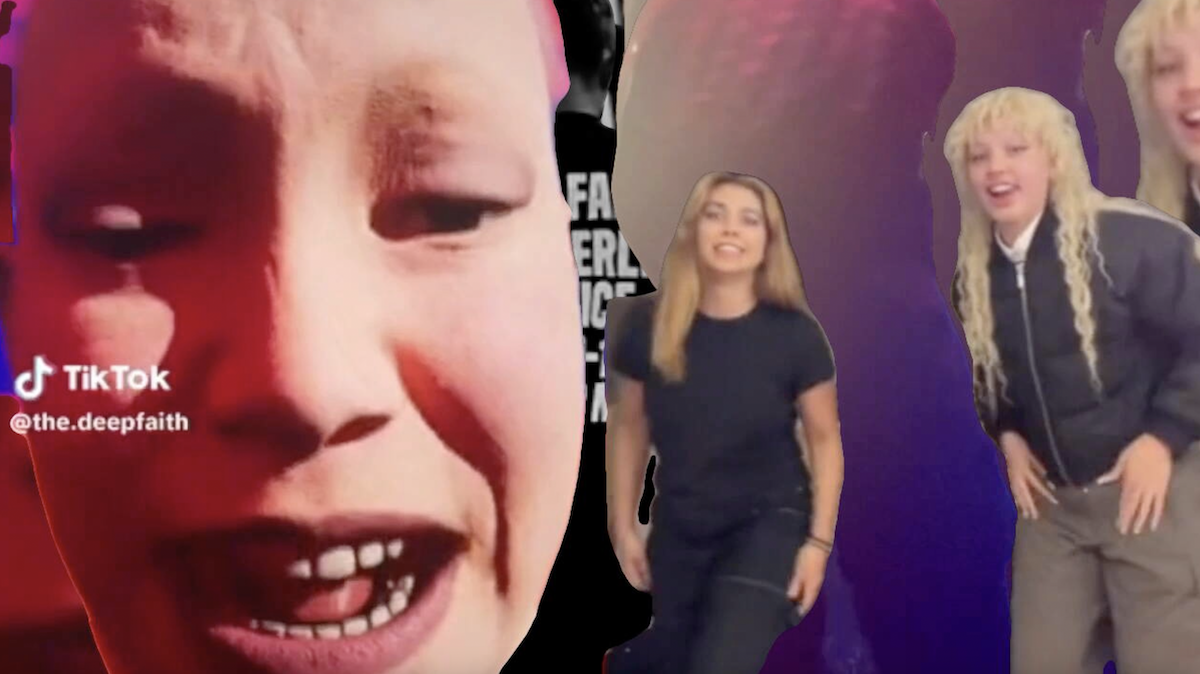
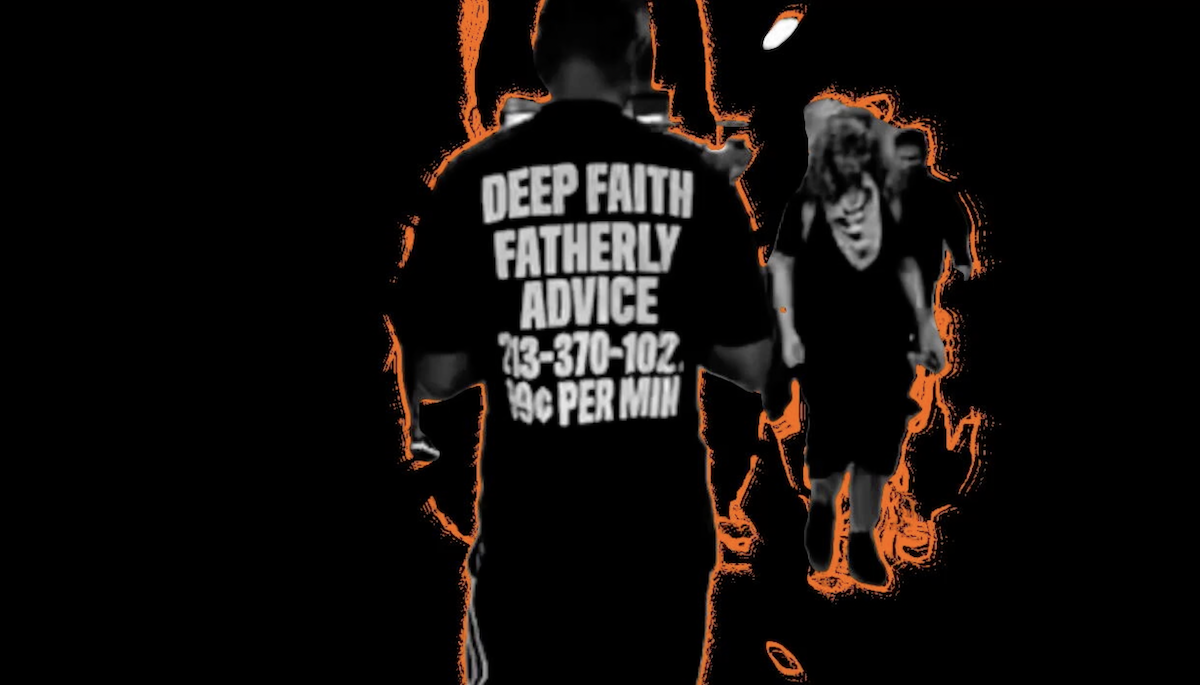
What are the pros ... and cons ... of daddy issues?
BS— I think a pro is recognition. Our life is often rooted in a web of dysfunction that is inherited through family, and a huge part of life is seeking answers and solace, the father figure… the spirit… I think understanding any of these issues is a pro in finding singular solace. Cons… it can hurt a little.
Do they go away?
BS— I’m not sure yet.
On a serious note though, the emotional suppression boys experience from childhood to adulthood isn't talked about. To you, how does that influence the way we think?
BS— I generally think there is a large societal pressure on boys (and humans in general) to achieve a certain level of success in all aspects of life. I think it can be quite confusing and hard, especially as we build up guards to protect ourselves often disguised as a form of ego.
We all inherit emotional DNA and it should be talked about more and embraced. There should be more emphasis on being able to be truly vulnerable in the journey of life and to support each other more on a human level, for all genders and races … society is a construct that is not entirely real, but love and the human nervous system is very real and should be embraced and nurtured. If we start recognizing this emotional journey from childhood into adulthood it will create a more peaceful and nurturing environment for humans to be more accepting and accepting of themselves.
